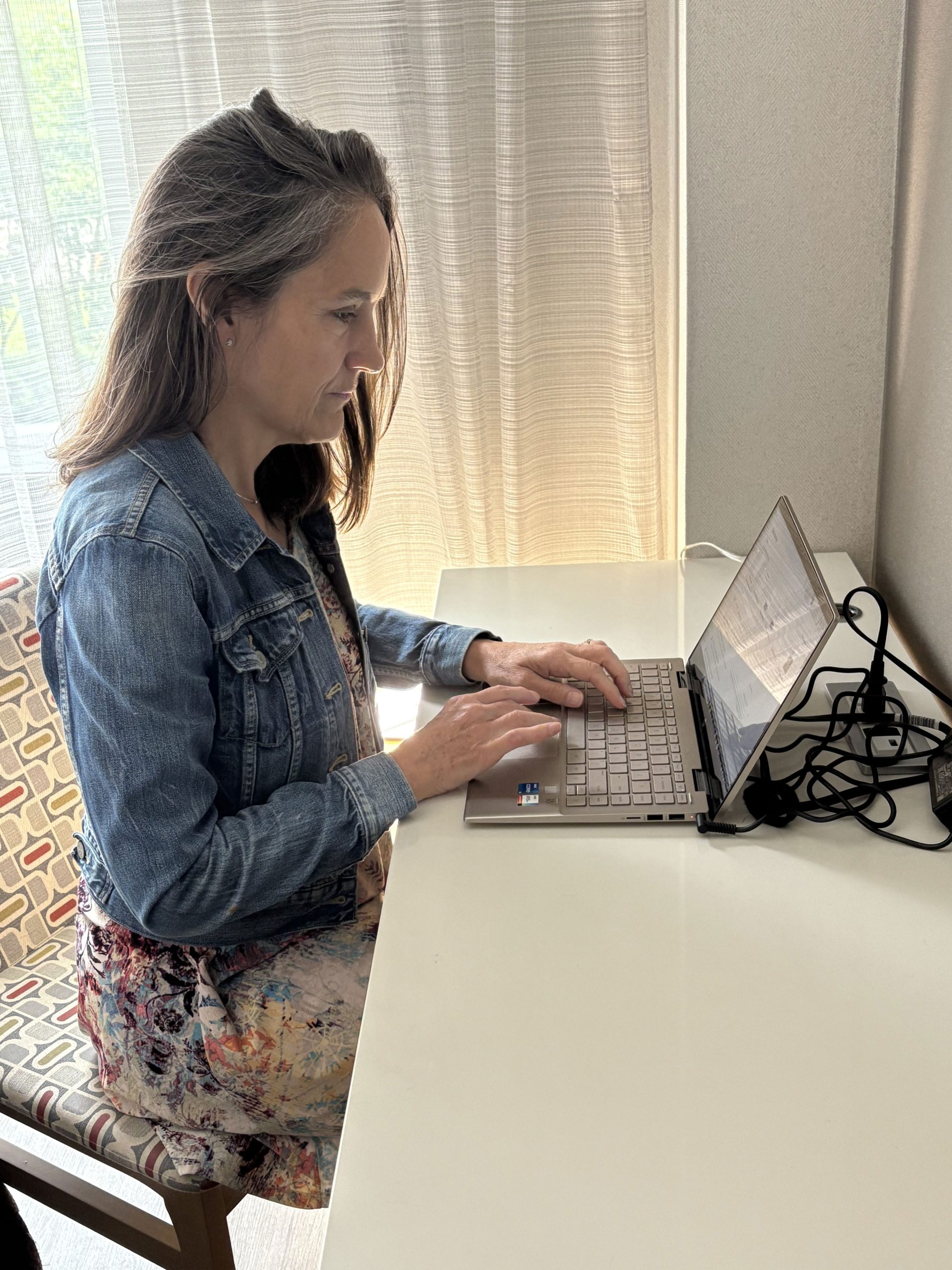The Rise of Remote Work Relocation Programs
Theresa Kaiser, a 61-year-old former assistant dean at the University of Michigan Law School, made a bold move when she decided to relocate to Tulsa, Oklahoma. She was drawn by a $10,000 relocation grant offered by the city, which is part of a growing trend among cities and states to attract remote workers from more expensive areas.
“I love working remotely,” Kaiser told Yahoo Finance. “I’m not trying to climb the ladder anymore. I’m not trying to make a name for myself. So a lot of that pressure’s gone for me.”
This shift in priorities reflects a broader change in how people approach their careers. With the rise of remote work, many professionals are reevaluating what matters most—balance, flexibility, and quality of life over traditional career advancement.
Cities Competing for Remote Talent
Tulsa is one of several cities that have launched programs aimed at luring remote workers. These initiatives offer financial incentives and support to individuals who choose to relocate. For example, West Virginia’s Ascend WV program provides $12,000 to remote workers who move to the state. The money is distributed over two years, and applicants must be employed in full-time remote jobs or run businesses that can be managed remotely.
Other cities with similar programs include Texarkana, Texas and Arkansas; Columbus, Georgia; Noblesville, Indiana; and eastern Kentucky. These programs aim to diversify local economies and bring in new talent that can contribute to long-term growth.
Success Stories and Growth
Texarkana has seen significant interest in its REDI…Set…Move program, which targets remote workers. Rob Sitterley, president and CEO of the initiative, said the city has received over 8,100 applications, with interest continuing to grow. “We’re incredibly excited about the momentum and the quality of individuals and families who have chosen to relocate to Texarkana through this initiative,” he said.
In Tulsa, the Tulsa Remote initiative started in 2018 and has attracted 3,600 participants so far. The program offers a $10,000 grant for a year, along with co-working spaces, monthly meetups, and workshops designed to help remote workers thrive. The initiative is backed by the George Kaiser Family Foundation, a local nonprofit aiming to strengthen the community and economy.
Building a Resilient Economy
Justin Harlan, managing director of the Tulsa Remote program, explained that the initiative was an experiment to diversify the local workforce. “Tulsa is a city that’s often reliant on oil and gas as an industry, which can be a royal rollercoaster even in the best of times,” he said. “And so our hope was that if we could bring knowledge workers to the city, that we would build up an economy that was more resilient for the future.”
The program has attracted a diverse group of professionals, with about 40% working in technology fields and the rest spread across marketing, education, and finance. This mix helps create a more balanced and sustainable economic base for the city.
The Appeal of Community
For many remote workers, the sense of community is a major draw. “Remote working is often an isolating experience, and the fact that we really have intentionality around not only getting people here, but then really helping them integrate into the city in strategic ways,” Harlan said.
Kaiser emphasized the importance of finding balance between work and personal life. “I like to find balance in what goes on outside of my work and how I work,” she said. “All those things become a lot more important than what’s my salary and what’s the next step up for me and what’s the next title.”
Conclusion
As more cities compete for remote talent, the trend shows no signs of slowing down. For professionals seeking a better quality of life, these programs offer a unique opportunity to relocate without sacrificing career opportunities. Whether it’s the financial incentives, the supportive community, or the chance to escape high-cost areas, the appeal is clear. For those considering a move, the message is simple: if you can do your job from anywhere, why not do it from a place that offers more than just a desk?







